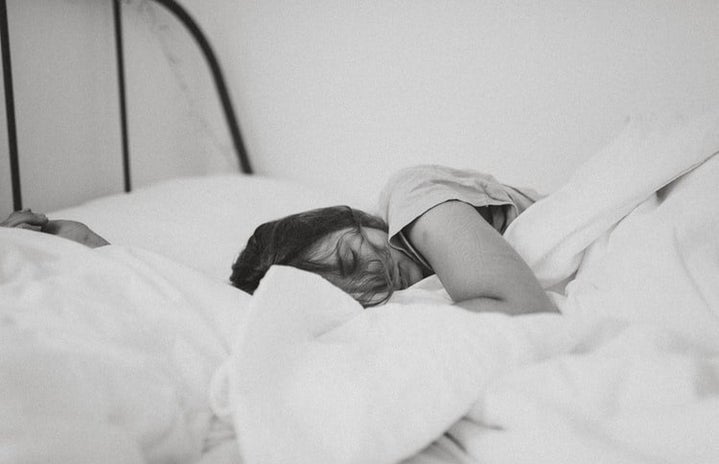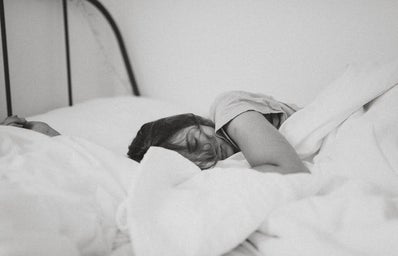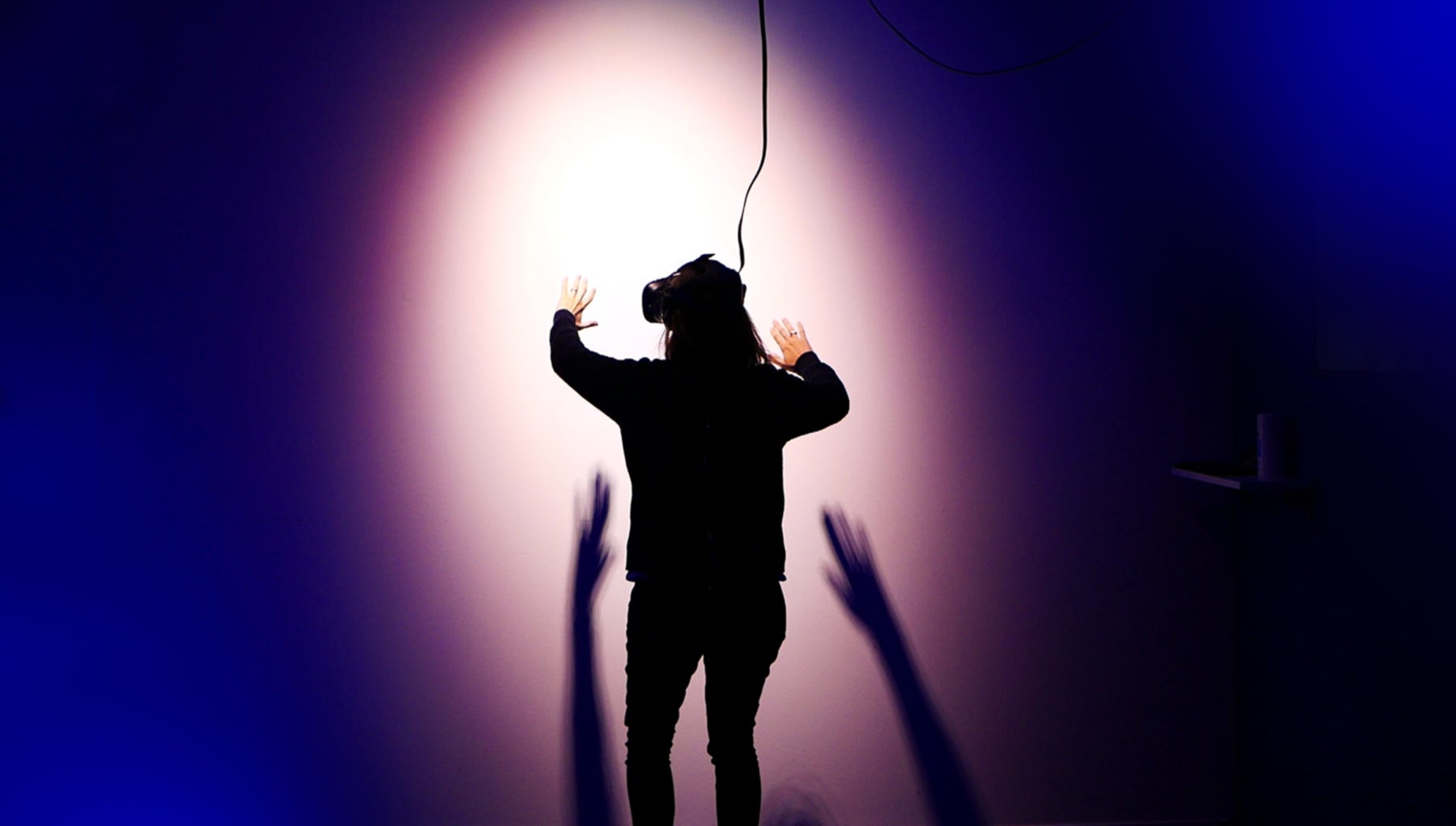The momentary incapacity to move or talk that follows falling asleep is known as sleep paralysis. Although the states of awake and sleep are normally easily distinguished from one another, disorders such as sleep paralysis can cause these lines to become hazy. During episodes, which typically include distressing hallucinations and a feeling of suffocation, people remain conscious.
On the other hand, reality shifting, which involves a variety of techniques like meditation, visualisation, scripting, and strong attention, is a practice where people try to move their consciousness or awareness to different realities or “realms.” I’m going to explain the difference between the two and perhaps assist you in determining what is real and what isn’t.
Three types of hallucinations occur during sleep paralysis.
Hallucinations of Intruders: These hallucinations entail the impression that there is a threatening person or presence in the space.
Chest Pressure Hallucinations: Also known as incubus hallucinations, these episodes might cause you to feel as though someone is sitting on your chest or that you are being suffocated. These often coexist with hallucinations of intruders.
Vestibular-Motor (V-M) Hallucinations: These types of hallucinations can involve perceptions of movement, like flying, or an exoskeleton.
I chose to discuss sleep paralysis versus altered realities since, as I’ve come to discover, a lot of people in my age group go through derealization. Understanding the distinction between sleep paralysis and derealization may be related to this. Sleep paralysis affects 20% of individuals at some point in their lives. The frequency of recurrence of episodes in this group is not well documented. Although sleep paralysis can strike at any age, the initial signs and symptoms typically appear in early childhood, adolescence, or early adulthood. Episodes may begin in adolescence and become more common throughout a person’s 20s and 30s.
I first experienced sleep paralysis often in my early childhood, something I thought I was making up until it got so constant. As I approach early adulthood, It slowly started to fade, but my environment around me has also changed, and I always wonder if that would be a cause.
Often though, sleeping problems, mental health, disorders and lots of dream patterns can contribute to the fact that sleep paralysis will happen. “Narcolepsy may be linked to a pattern of recurring episodes of sleep paralysis over an extended length of time. Because narcolepsy can change how neurotransmitters act in the brain, it can lead to problems during REM sleep, such as sleep paralysis.” Strong emotions and environmental circumstances might cause this. People who already have anxiety disorders, particularly panic disorders, appear to have an increased risk of developing sleep paralysis. The rebound, which can occur after quitting alcohol or medications, can also produce sleep paralysis. Finally, evidence suggests that persons who engage in imaginative and dissociative behaviours, such as daydreaming, are more likely to have sleep paralysis. Additionally, there may be a link between lucid dreams or vivid nightmares and sleep paralysis.
To elaborate, altering realities in the mind of what is often referred to as reason might be linked to the narrative we tell in order to reconcile any cognitive dissonance that arises—in this case, between belief and the actual world. This narrative may undoubtedly cause us to reevaluate how we perceive the world, but it also has a useful lesson for people. Narratives may have the power to alter perceptions if the mind functions through storytelling. Perception, as it has come to be known, emerges as an active process of production rather than passive registration of an objective reality. What triggers controlled hallucinations? In stark contrast to actual, true-to-life, normal perception, individuals frequently regard hallucinations as a sort of delusional perception. Alternatively, the prediction system approach suggests that hallucinations and normal perception can be linked.
SOURCES:
https://www.sleepfoundation.org/parasomnias/sleep-paralysis
https://www.psychologytoday.com/us/blog/management-rewired/201708/alternate-reality





